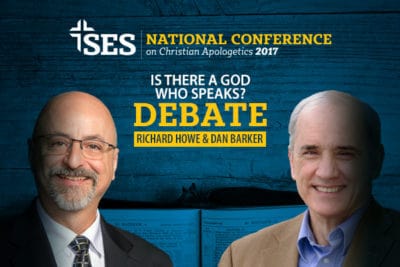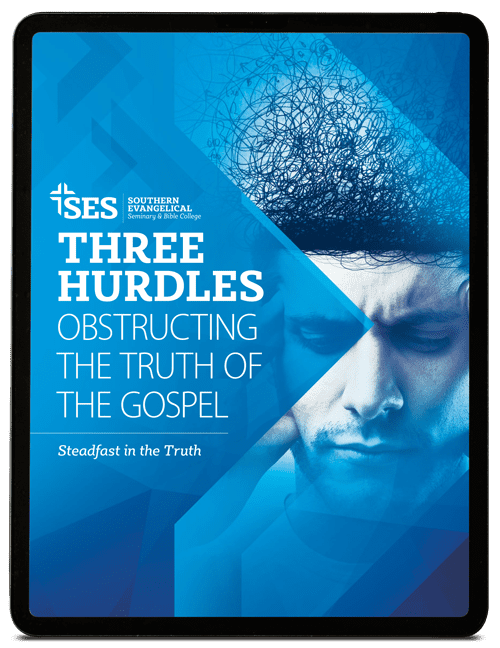
Have you ever heard the music that’s played when the South Carolina Gamecocks enter their football stadium? It’s quite moving! It’s the same music that Stanley Kubrick used in 1968 for his iconic movie “2001: A Space Odyssey.” But the music is much older than that; it was composed in 1896 by Richard Strauss. More important though, is the reason why he composed such a moving piece of music. He created it as a way to celebrate the ideas of Fredrick Nietzsche, the famous atheist who declared that God is dead. Strauss titled the piece “Thus Spoke Zarathustra,” the name of Nietzsche’s famous book.
My name is Adam Johnson, and I studied at Southern Evangelical Seminary and Southeastern Baptist Theological Seminary to complete my Master of Divinity. Currently I’m working on a PhD in Philosophy of Religion. The title of my session at this year’s National Conference on Christian Apologetics is “The Death of God.” Was Nietzsche right? Is God dead? In a sense, yes; the idea of God doesn’t influence Western society like it used to. In many ways, we’ve become a secular society. It is important to understand what Nietzsche was trying to say because he has had a tremendous influence on Western culture.
Certain interpretations of his ideas helped fuel the carnage caused by fascism, Word War II, and eugenics in the twentieth century. It’s not a coincidence that Hitler had a statue of Nietzsche in his office! Were these interpretations of Nietzsche correct? Maybe, maybe not. Regardless, his ideas reverberated throughout the twentieth century, influencing politics, philosophy, art, literature, and psychology. Sigmund Freud once noted that he had to stop reading Nietzsche out of fear that there would be no room left to have an original idea for himself!
In addition, Nietzsche’s ideas have formed the basic tenets of postmodernism. If you want to understand why our culture thinks the way it does today, you need to understand Nietzsche. Understanding our culture better will help us reach it for Christ. If you are a Christian, then by definition, you are a missionary. Just like a missionary to India needs to spend time studying Indian culture, so those of us in the West need to spend time studying Western culture.
In this session, I will also discuss how Nietzsche can be an unlikely ally in defending Christianity against atheism. Much like Paul in 1 Corinthians 15, Nietzsche understood that IF Christianity wasn’t true, THEN certain conclusions would necessarily follow: (1) Our entire understanding of morality would have to change, and (2) our understanding of truth would have to be revised. Nietzsche can be used to point out the inconsistencies whenever atheists try to hold onto Christian ideas of morality or truth but without God.









